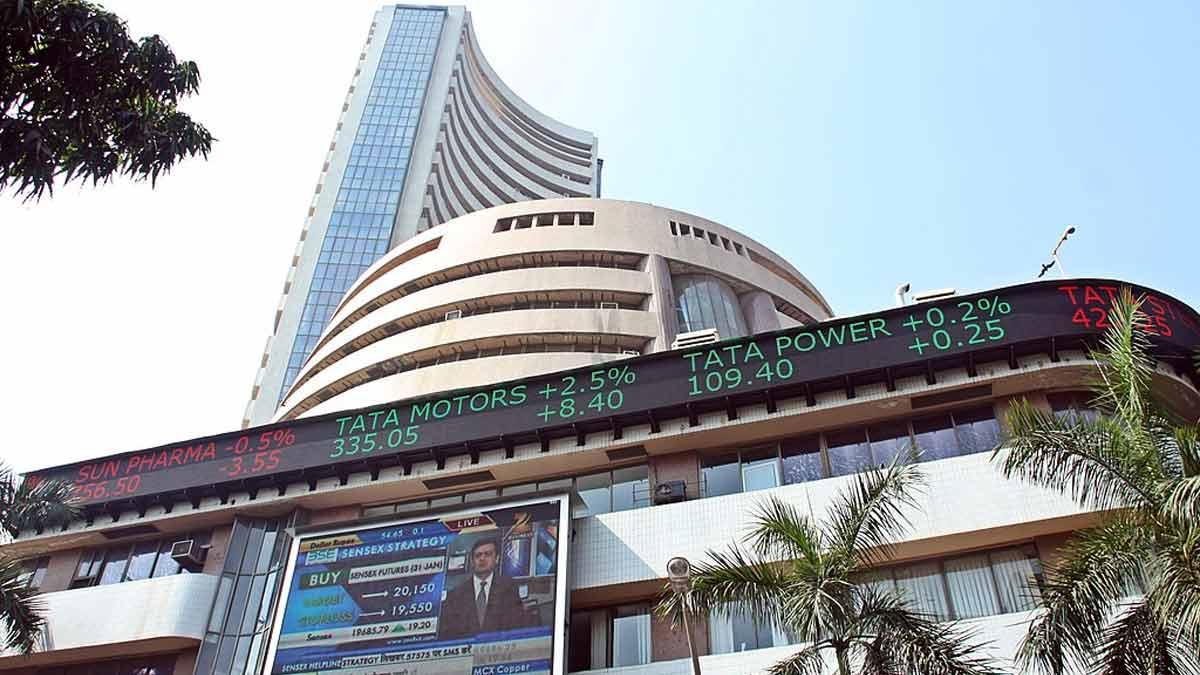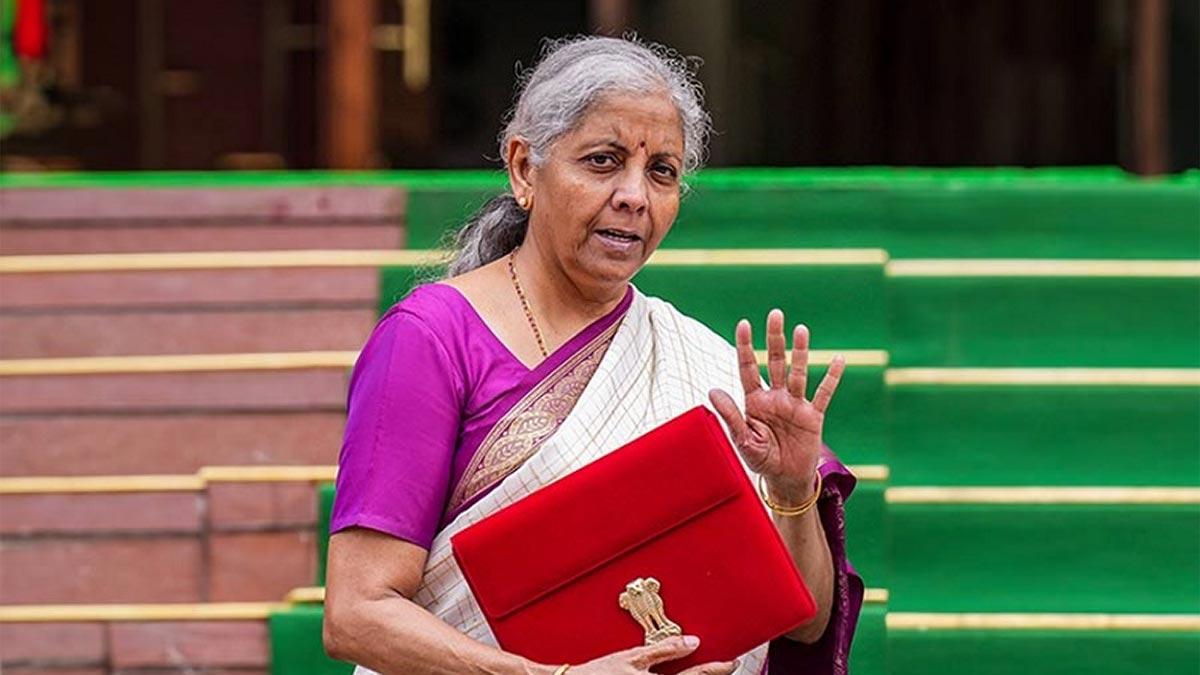India's venture capital (VC) ecosystem experienced a robust resurgence in 2024, with total funding surging to $13.7 billion, marking a 43% increase from 2023, according to a report released by global consultancy Bain & Company on Tuesday.
The report highlighted a significant rise in deal activity, with 1,270 transactions recorded—reflecting a 45% growth in deal volumes.
This recovery reaffirmed India's status as the second-largest Asia-Pacific region's venture capital and growth capital market, particularly considering that aggregate region-wide funding throughout 2024 was comparatively aligned with levels registered in 2023.
Both deal volume gains were seen through various deal sizes and investment levels, and at stable average deal sizes.
Small and mid-market transactions (less than $50 million), representing around 95% of the total deals, grew by close to 1.4 times, while over-$50 million deals nearly doubled to pre-pandemic times as quality assets commanded robust investor attention.
Megadeals (over $100 million) too bounced back with volumes growing by 1.6 times as investors supported companies that weathered the two-year slowdown in funding, the report said.
Some of the major policy changes—like the abolition of the angel tax, lowering of Long-Term Capital Gains (LTCG) tax rates, easing of the National Company Law Tribunal (NCLT) process, and ease of Foreign Venture Capital Investor (FVCI) registrations—have given a positive push to India's startup ecosystem and overall funding environment, the report said.
"India's investment environment is shifting towards sustainable, long-term growth—founded on profitability, innovation, and regulatory alignment. Policy reforms are building momentum, and investors are increasingly supporting firms with robust unit economics and insensitivity to global macroeconomic trends," said Sriwatsan Krishnan, a partner at Bain & Company. "The top 10 most-funded firms accounted for a quarter of aggregate VC inflows, nine of which were consumer-facing, underscoring the sector's leadership in India's startup ecosystem," he added.
The report also showed that technology sectors—such as consumer technology, software and SaaS (software-as-a-service), and fintech—remained at the forefront, accounting for more than 60% of overall funding.
Consumer technology was the top-performing sector, attracting $5.4 billion in investments—nearly doubling its 2023 levels—with a fourfold increase in $100 million+ deals.
This fast growth was driven by heavy investments in B2C commerce, edtech, and quick commerce, with Zepto ($1.4 billion in funding in 2024), Meesho ($275 million), and Lenskart ($200 million) raising significant funding rounds.
The sector's high growth indicates investors' affinity for scalable business models with a definite path to profitability.
Software and SaaS investments (including generative AI) continued to be in high gear, growing 1.2 times to $1.7 billion, led by growing customer expenditure on development and testing tools, as well as the evolution of global go-to-market strategies, the report said.
Legacy industries also experienced significant traction, with BFSI (banking, financial services, and insurance) and consumer/retail investments growing 3.5 times and 2.2 times, respectively.
The growth in the BFSI space was considerably driven by expenditure in affordable housing finance and environmental financing schemes, whereas consumer & retail witnessed capital inflow largely in the foods & beverages as well as apparel categories.
India's exit ecosystem also saw heightened action, with exit values totaling $6.8 billion in 2024. Public markets led the charge, accounting for three-fourths of the combined exit value. IPOs climbed almost seven times as several venture-backed firms listed successfully, solidifying India further as a maturing startup ecosystem, the report added.
The report stated that India's venture capital industry is now moving into a phase of responsible growth, with investors focusing more on financial sustainability, operational effectiveness, and clear exit strategies.
The overall ecosystem is likely to keep changing, with capital becoming more focused on companies that have strong governance, scalable business models, and sustainable growth.
Read also| Cooling Inflation Strengthens Case for Possible RBI Rate Cuts: Report
Read also| India Ranks Second After US in All-Time Funding for Women-Led Tech Startups


















